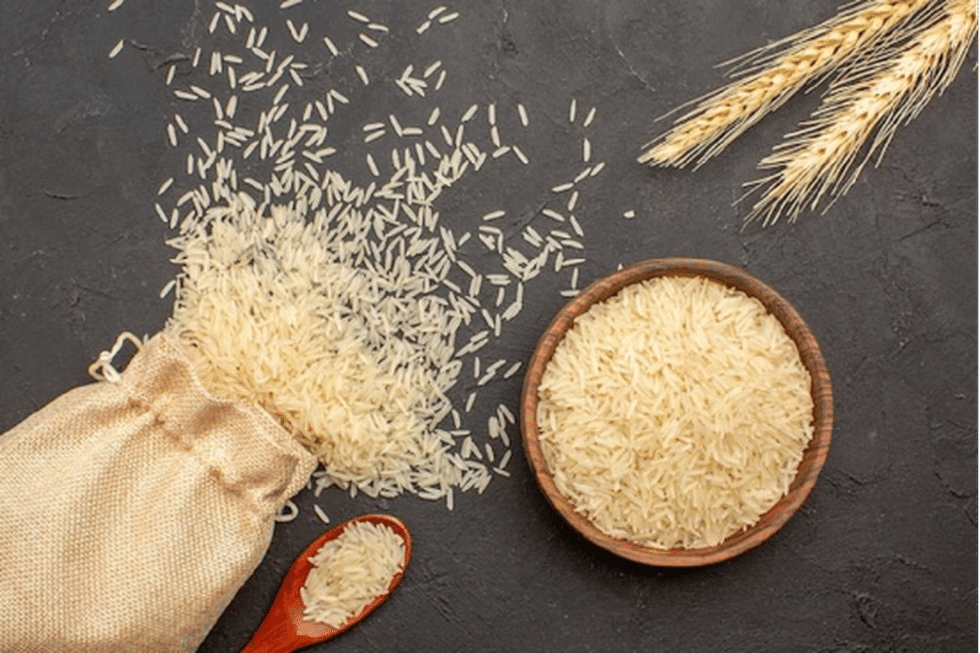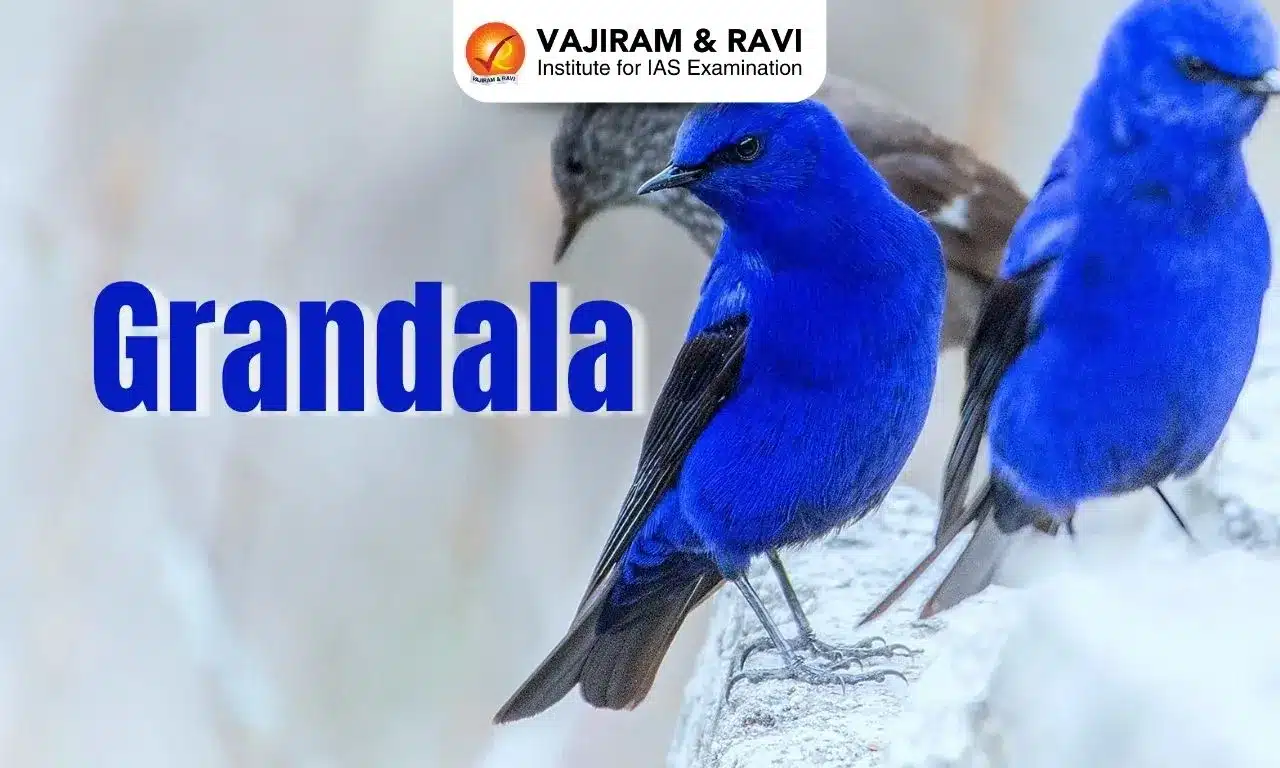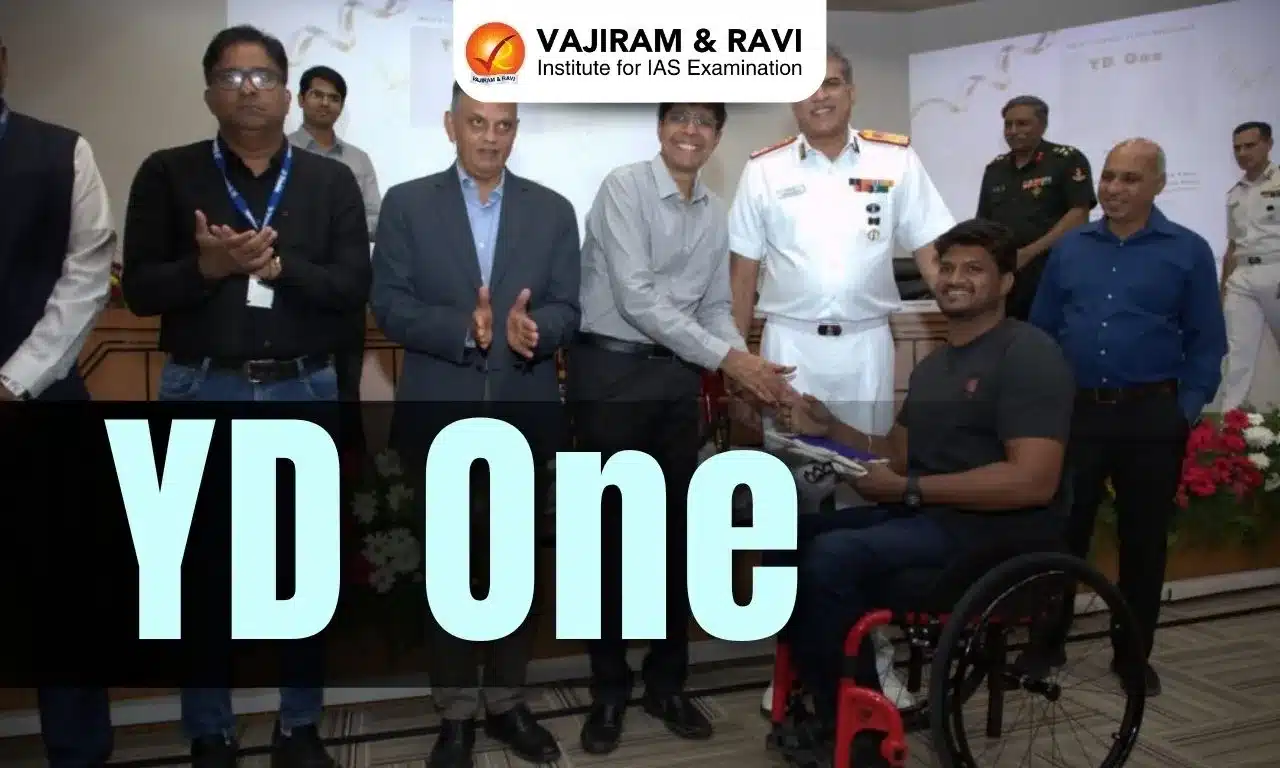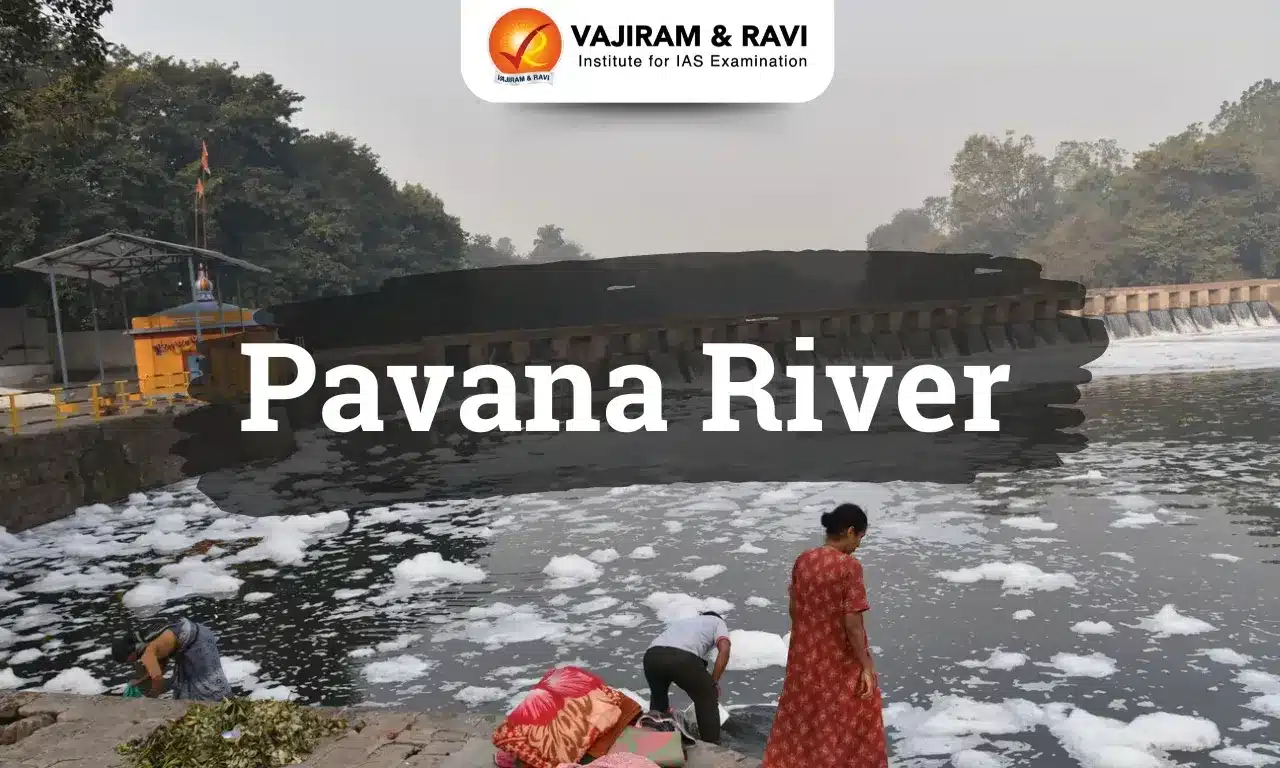Why in news?
- As per these standards, Basmati rice shall possess natural fragrance characteristics of basmati rice and be free from artificial colouring, polishing agents and artificial fragrances.
- It was issued to Brown Basmati Rice, Milled Basmati Rice, Parboiled Brown Basmati Rice and Milled Parboiled Basmati Rice.
- The standards are aimed at establishing fair practices in the trade of Basmati rice and protecting consumer interest, both domestically and globally. These standards will be enforced from 1st August 2023.
What is the Uniqueness of Basmati Rice?
- It is cultivated in the Himalayan foothills of the Indian sub-continent and is universally known for its long grain size, fluffy texture and unique inherent aroma and flavour.
What are the Climatic conditions required for rice cultivation?
- Temperature: Between 22-32°C with high humidity.
- Rainfall: Around 150-300 cm.
- Soil Type: Deep clayey and loamy soil.
- Top Rice Producing States: West Bengal > Punjab > Uttar Pradesh > Andhra Pradesh
Q1) How many types of licenses FSSAI issues?
FSSAI issues three types of licenses based on the nature of the food business and turnover:
Registration: For Turnover less than ₹12 Lakh
State License: For Turnover between ₹12 Lakh to ₹20 Crore
Central License: For Turnover above ₹20 Crore
Last updated on July, 2025
→ UPSC Notification 2025 was released on 22nd January 2025.
→ UPSC Prelims Result 2025 is out now for the CSE held on 25 May 2025.
→ UPSC Prelims Question Paper 2025 and Unofficial Prelims Answer Key 2025 are available now.
→ UPSC Calendar 2026 is released on 15th May, 2025.
→ The UPSC Vacancy 2025 were released 1129, out of which 979 were for UPSC CSE and remaining 150 are for UPSC IFoS.
→ UPSC Mains 2025 will be conducted on 22nd August 2025.
→ UPSC Prelims 2026 will be conducted on 24th May, 2026 & UPSC Mains 2026 will be conducted on 21st August 2026.
→ The UPSC Selection Process is of 3 stages-Prelims, Mains and Interview.
→ UPSC Result 2024 is released with latest UPSC Marksheet 2024. Check Now!
→ UPSC Toppers List 2024 is released now. Shakti Dubey is UPSC AIR 1 2024 Topper.
→ Also check Best IAS Coaching in Delhi














